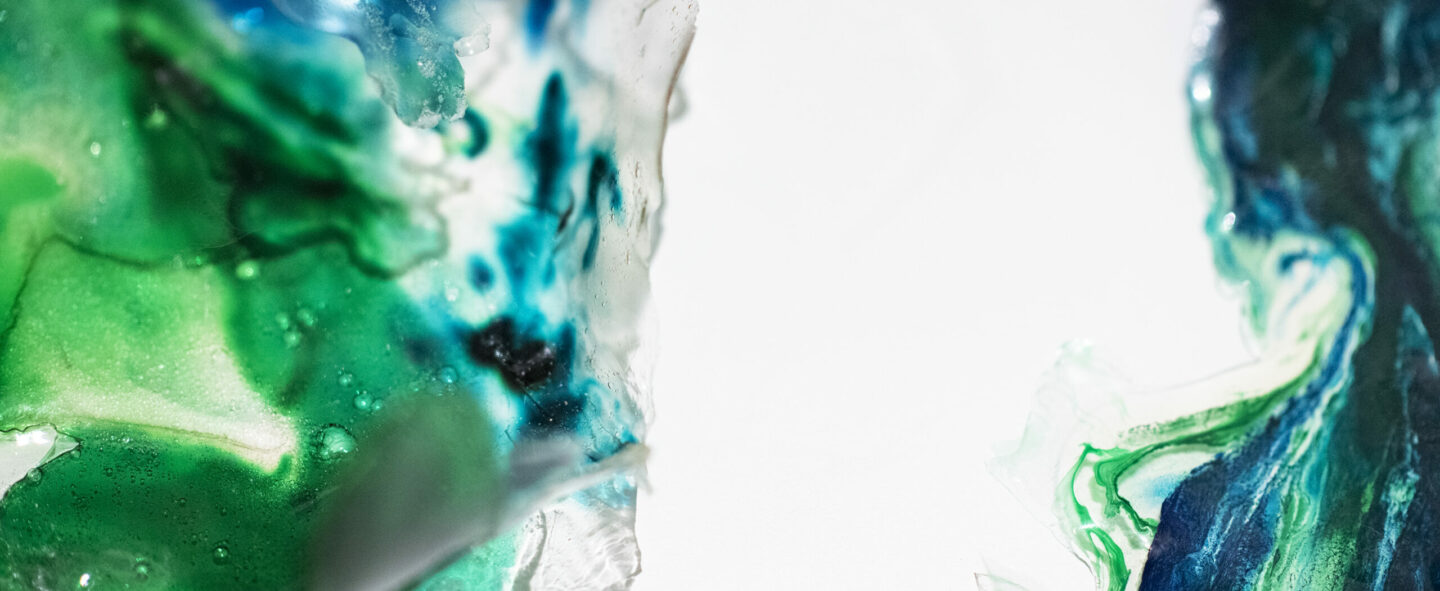
Agora Prize
The Swiss National Science Foundation (SNSF) has joined forces with Swissnex in San Francisco to offer a scientific communication traineeship to winners of the Optimus Agora prize. Chosen from the submitted proposals, the prize acknowledges the communication potential of the winning projects.
The Agora program aims to foster dialogue between scientists and society. It encourages researchers to communicate their current research to the general public. Agora projects have to initiate a dialogue between researchers and the public in which they interact and listen to each other.
The SNSF has joined forces with Swissnex in San Francisco to offer a scientific communication residency to winners of the Optimus Agora Prize. Chosen from the submitted proposals, the prize acknowledges the communication potential of the winning project. Two events will be held this Fall bridging the public with the winners from 2020 and 2021.
The Agora Prize Winners Traveling to San Francisco
Representatives for each winning project will be traveling to San Francisco in the coming weeks.
Agora Prize Winner 2020
Dominique de Quervain and Carmen Sandi
Neurosciences
Stress Network
Stress is part of everyday life. Better understanding it, and knowing how to prevent situations that cause it, improves our quality of life. That’s why neuroscientists Dominique de Quervain, of the University of Basel, and Carmen Sandi, of EPFL, have launched the Agora “Stress” project, which is supported by the SNSF. They will be creating a web-based information platform and organizing stress awareness days for the public.
Agora Prize Winner 2021
Christophe Dessimoz, Marie-Claude Blatter and Monique Zahn
Genetics
Light of Evolution
Through the new project “In the light of evolution”, SIB Group Leader Christophe Dessimoz from the University of Lausanne, Outreach Manager Marie-Claude Blatter and Training Manager Monique Zahn aim to foster greater public interest as well as a practical understanding of this fundamental but rather abstract theme. The project will be built around a series of short stories and interactive workshops addressing concrete questions such as “How much DNA do humans and bananas have in common?”.
More information
